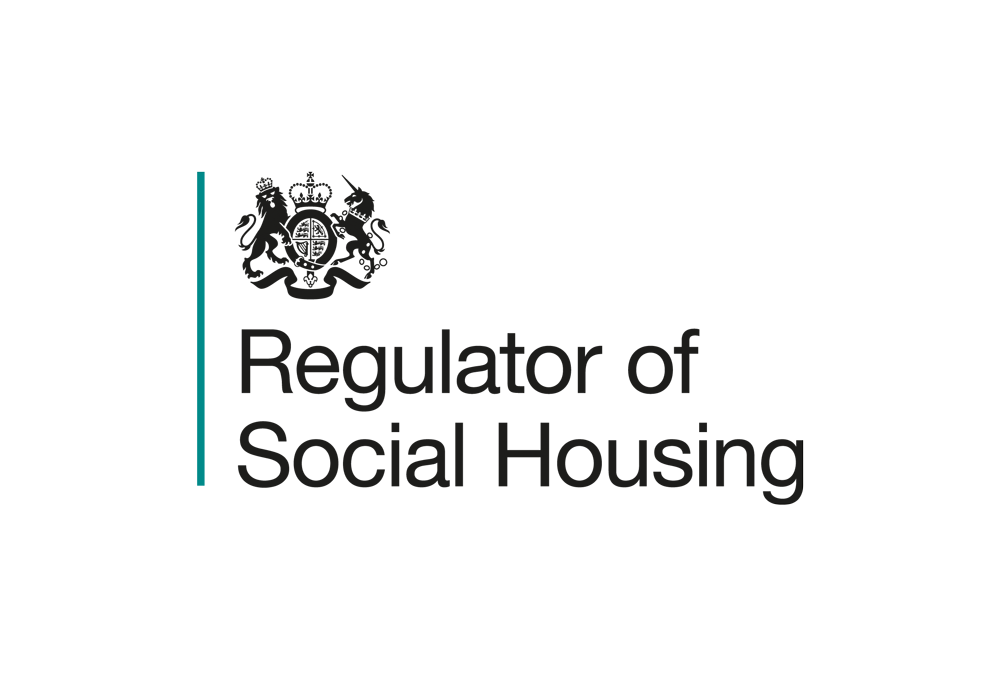There are specific legislations and measures in place to address anti-social behaviour within social housing communities.
Here are some key aspects of the legislation related to social housing and anti-social behaviour:
- Tenancy agreements: Social housing providers typically have tenancy agreements that outline the rights and responsibilities of both tenants and landlords. These agreements often include clauses that prohibit anti-social behaviour and specify the consequences, such as eviction, for breaching those clauses.
- The Anti-Social Behaviour, Crime, and Policing Act 2014: This act, mentioned earlier, applies to social housing as well and provides tools and powers to deal with anti-social behaviour. It allows social landlords to take action against tenants who engage in anti-social behaviour, including seeking possession orders or injunctions.
- Injunctions and possession orders: Social landlords can apply for injunctions or possession orders to evict tenants engaged in anti-social behaviour. In serious cases, the courts can grant possession orders, leading to the eviction of the tenant.
- Closure orders: Social housing providers can seek closure orders for properties associated with persistent anti-social behaviour. These orders enable the closure of the property, preventing further anti-social activities.
- Support and intervention: Social landlords often work closely with local authorities, community groups, and support agencies to provide interventions and support services to address the root causes of anti-social behaviour. This can include mediation, counselling, or referral to appropriate agencies for additional support.








